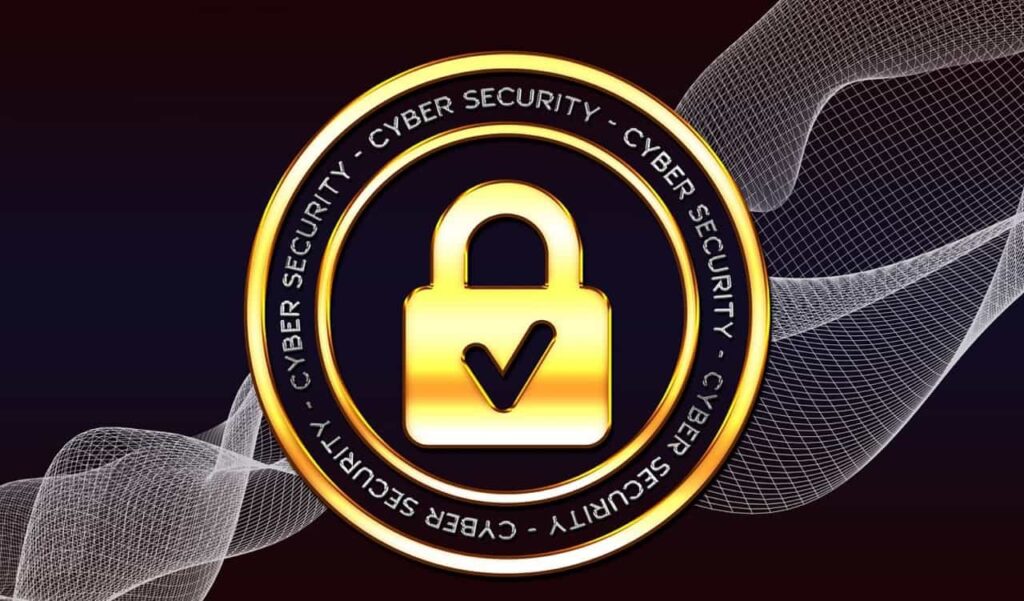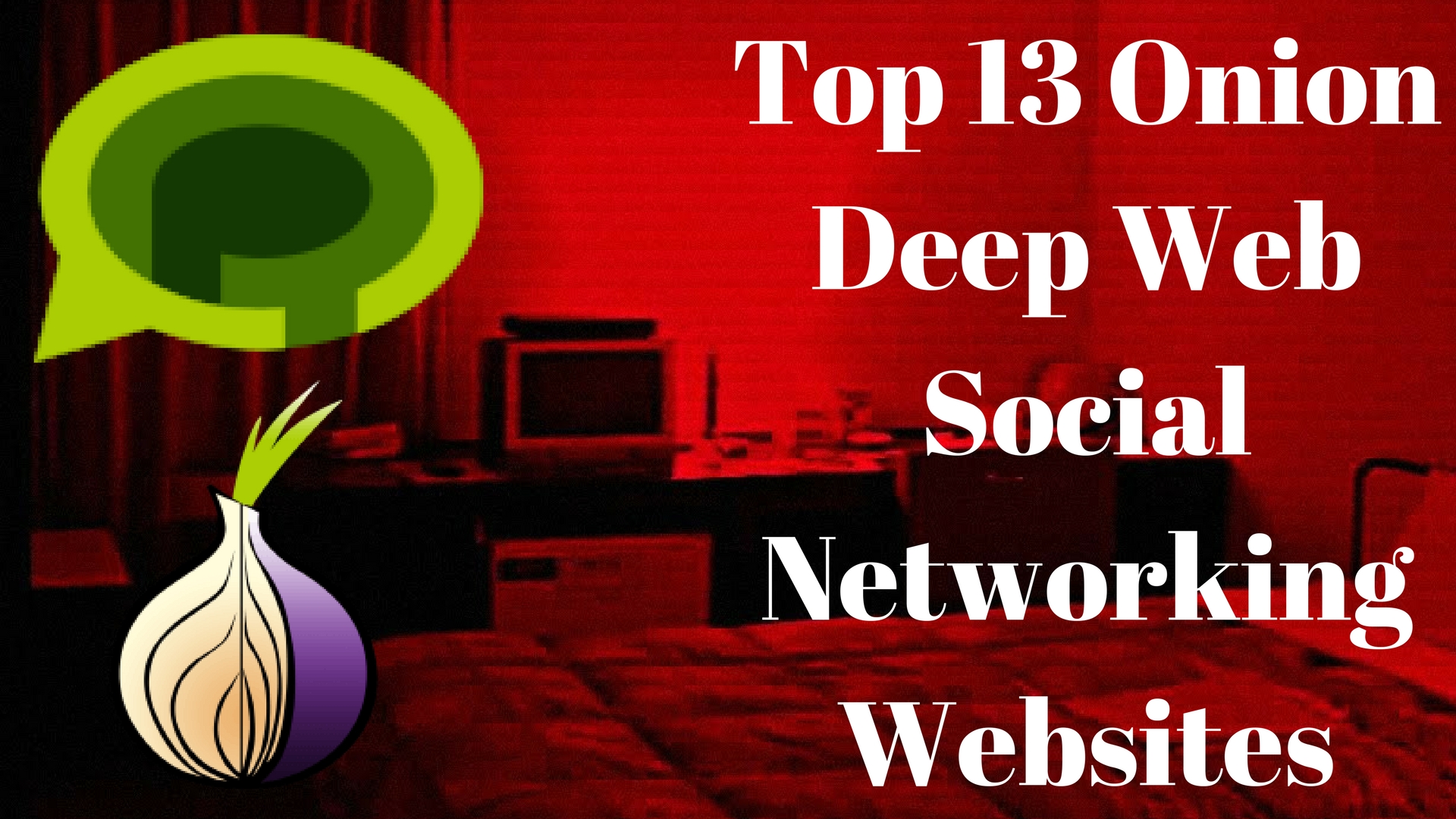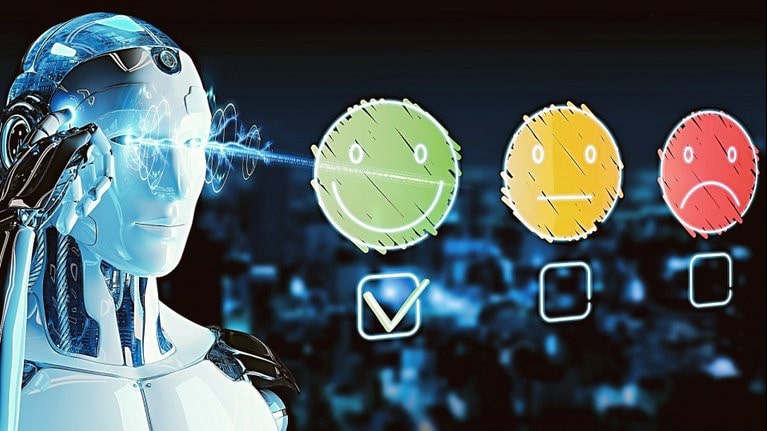Protecting an organization from cyber threats can be a difficult task, especially because cybercriminals are smart and more advanced today. Hackers will do anything to access your confidential data, and you need to be prepared to fight them anytime.

Do you have a stringent security strategy to secure your business against a cyber-attack? Read along as we discuss tips to help you maximize antivirus protection.
Install a Robust Antivirus
Some computer users opine that if they install free Windows antivirus like the one that ISPs offer, they will be safe from spyware or virus infection. It is worth mentioning that free anti-malware systems hardly offer sufficient protection from cyber threats.
To enhance protection, a Windows user will need to install a business-grade, professional antivirus program on their computers. Professional grade antivirus software updates frequently throughout the day to offer timely security against vulnerabilities. Further, they protect against a vast range of threats like rootkits, and allow more protective features like custom scans.
Set up DNS protection
Internet access brings about a vast range of security dangers. One of the most common and frustrating risks is drive-by infections where users can infect their computers by visiting an infected web page. Other major risks include trojan files and infected applications and programs.
Users may also face contaminated DNS attacks where an infected DNS server directs them to an unapproved web server. Often, infected DNS servers are your internet service provider’s systems that interpret favorable URLs to numeral IP addresses.
Users can shield themselves from these threats by altering the way their PCs manage DNS services. You can access free DNS protection services from reliable providers.
Adopt Actual time Anti-spyware Security
Some computer users often believe that an antivirus program that features spyware protection offers enough security against adware and spyware. Others opine that free antispyware programs complete with antivirus software provide sufficient protection from the numerous spyware threats. It is worth mentioning that many free antispyware programs hardly offer active actual-time protection from existing vulnerabilities.
Some free antispyware programs can detect threats if your system is infected. However, you will need a professional antispyware program to remove present infections and prevent future vulnerabilities.
Browse Smart
Some business-grade antimalware programs come with browser plugins that facilitate protection against phishing attacks and drive-by vulnerabilities. Others offer link protection services where website links are analyzed against databases of popular infected pages. Where possible, these protection features should be implemented and activated.
Always leave the plugins active unless they disrupt normal browsing activities. Adopt the same measures when it comes to automatic pop-up blockers that are included in various browser toolbars. Exercise caution when dealing with hyperlinks. Any external link that requires you to enter your sensitive information may not be trustworthy. Do abackground check to be on the safe side.
Ensure Your Antimalware Program is Updated
Anti-spyware and antivirus programs should be updated regularly to enable them to shield your computer from the most recent threats. Studies suggest that many computer vulnerabilities are fast evolving and secretive. While they may be short-lived, they can affect approximately 300,000 websites per day.
Computer users should ensure their antispyware and antivirus programs are updated regularly. All Windows operating system users should adopt strategies to avoid the expiration of their licenses. Doing so allows them to run current antimalware programs that protect their machines against multiple vulnerabilities.
Adopt a Hardware-oriented Firewall
Technology experts often differ when it comes to the benefits of hardware versus software-oriented firewalls. Many times, users may experience problems when attempting to gain access to network resources, share printers, and execute tasks when using third-party software-oriented firewalls.
Due to this, many users end up disabling firewalls. Still, a dependable firewall is essential because it safeguards computers and mobile gadgets from a vast range of vulnerabilities. It is worth mentioning that a software-oriented firewall only is not enough to secure systems from multiple attacks that may affect all internet-linked systems. All computers linked to the internet should be protected behind a robust hardware-oriented firewall.
Carry Out Daily Scans
Often, spyware and virus threats penetrate a system’s active security engines and infect the system. The volume and number of new and potential threats mean that specific infections will outwit security software. In some cases, users may carelessly command an antimalware program to allow spyware or virus to run a certain program.
Finally
Despite the source of infection, activating daily scans of your system’s hard drive increases your protection. Daily scans are critical when it comes to identifying, confining, and deleting infections that may escape security programs.






![[Top 9] Chat Forums on Deep Web | Deep Web Chat Rooms | Enter At Your own Risk Top 9 Chat Forums on Deep Web, The Lolita City, onion deep web, dark web lolita, lolita city,](https://www.gadgetgyani.com/wp-content/uploads/2018/03/deep-web-CHAT-FORUMS.jpg)













